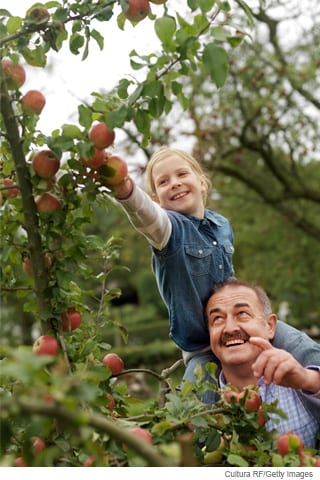Secular Purim celebrations
While Humanistic Jews often adapt traditional religious texts to fulfill modern secular needs, the Book of Esther, which tells the Purim story, is a secular text that was later adapted by theistic Jews to meet their requirements. This is one reason the Purim holiday, in February or March, is a particular favorite of cultural Jews.
At The City Congregation, all the children in our Jewish KidSchool come together for a costume party featuring a Megillah reading, songs, skits, and presentations. The kids may write their own Purimspiel, bake hamantaschen, or run a Purim carnival.
At our Purim Shabbat celebration we honor Queen Esther with our annual Woman of Valor tribute recognizing the achievements of a notable Jewish woman. Then everyone participates in a fun Purim activity.


